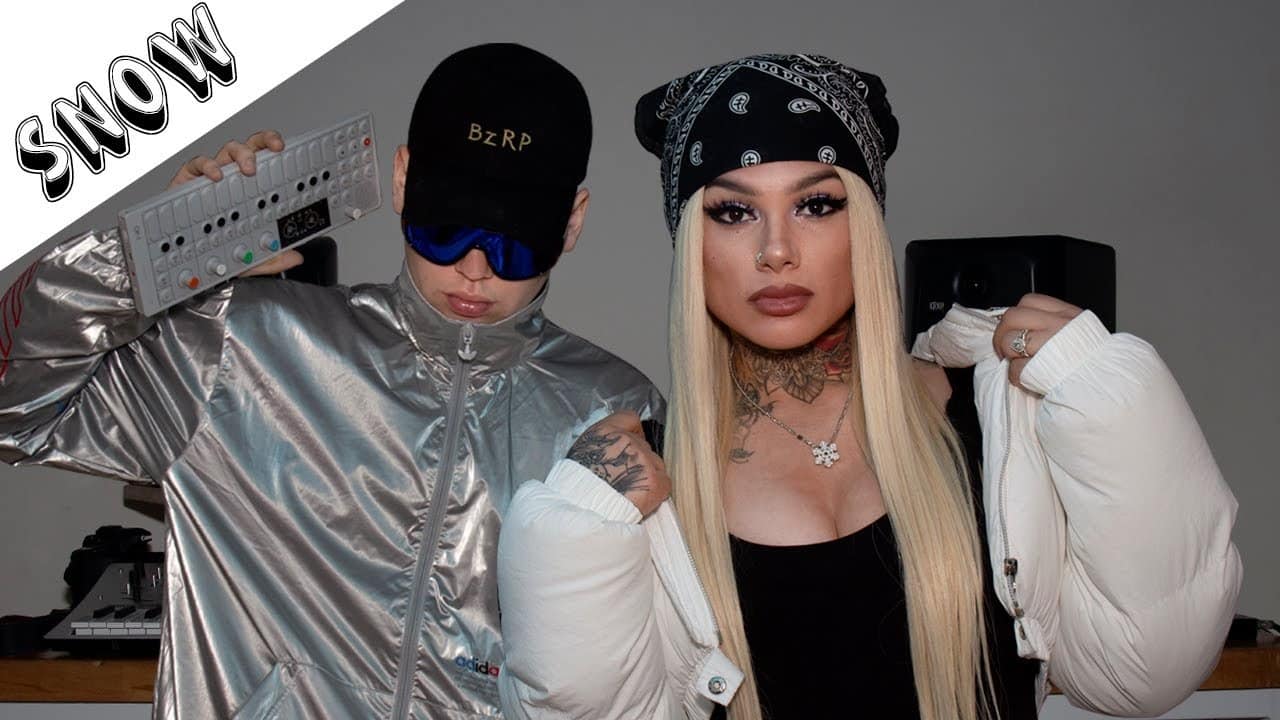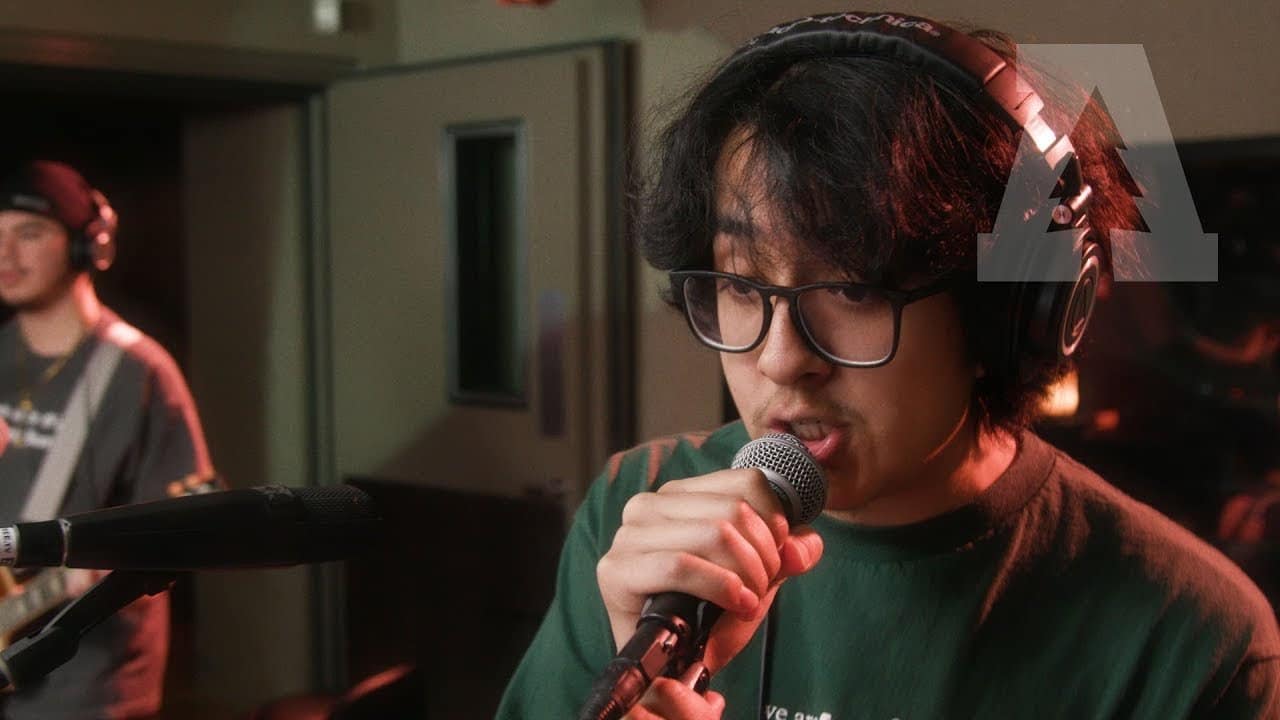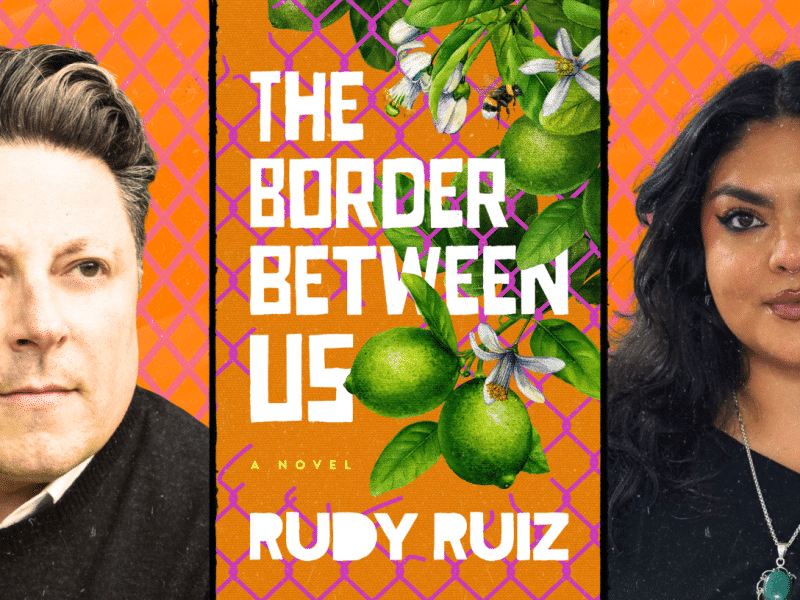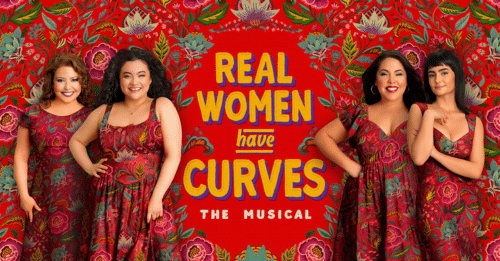The Spanglish Artists You Need to Know
Spanglish, once considered just a mash-up of English and Spanish, has now blossomed into a powerful and independent means of expression.

Once considered just a mash-up of English and Spanish, Spanglish has evolved into its own fully-fledged form of expression. With its roots in the bicultural experience, this hybrid language resonates on a deeply personal level with millions of people worldwide. And nowhere is the influence of Spanglish more apparent than in the music scene.
We’re diving into the world of Spanglish, spotlighting artists who have made this language their own in their art. Whether they’re crooning soul-stirring ballads or dropping catchy rhymes, these artists show us how Spanglish is breaking language barriers, making music that’s not just good to the ear but speaks to hearts worldwide.
Snow Tha Product

Born Claudia Alexandra Madriz Meza, Snow Tha Product is an American rapper, singer, actress, and YouTuber known for her electrifying bilingual performances. Born in San Jose, California, to Mexican parents, Snow’s music combines her American upbringing and Mexican heritage. She’s also a YouTuber and podcaster, not to mention she’s got some acting chops too. Once part of the big leagues with Atlantic Records, she’s now an indie artist doing her thing.
Her musical influences include hip-hop legends like Missy Elliott, Big Pun, Lauryn Hill, and Eminem, as well as Latin icons such as Selena Quintanilla and Gloria Trevi. With English and Spanish flowing fluently from her tongue, her music has this global vibe you’ll absolutely love!
Kali Uchis

Kali Uchis is a singer with a unique sound blending soul, R&B, jazz, and Latin music elements. The daughter of a Virginia-born mother and a Colombian father, Kali Uchis spent her summers in Colombia, absorbing the musical flavors that would later influence her sound.
Her music is a beautiful fusion of her diverse influences, with Ella Fitzgerald, Billie Holiday, Curtis Mayfield, and Latin powerhouses like Celia Cruz and Selena forming her musical foundation. Her music has this beautiful eclectic mix going on, and her recent album ‘Red Moon in Venus’ is a testament to her dynamic Spanglish style, capturing the essence of her cross-cultural experience.
Cuco

From Hawthorne, California, comes this Mexican American singer-songwriter and record producer, Omar Banos, professionally known as Cuco. This guy is a master of all trades – trumpet, guitar, keyboard, drums, bass guitar; you name it! His music is a seamless blend of bossa nova and indie pop sprinkled with Spanglish romanticism.
Cuco’s unique sound blends English and Spanish lyrics, creating a dreamy pop ambiance filled with rich Latin influences. He made waves a while back with the hit single “Lo Que Siento,” racking up 260 million streams on Spotify alone. And his recent album ‘Fantasy Gateway’? Absolute fire.
The Marías

The Marías, an indie pop band from Los Angeles, California, have a unique sound characterized by jazz percussion, guitar riffs, velvety vocals, and horn solos. The band is led by Puerto Rican-born María Zardoya and Californian-born drummer Josh Conway.
Their music is a rich fusion of jazz, pop, and Spanish serenades, thanks to Maria’s Puerto Rican roots and Josh’s openness to new styles, and her inspirations range from iconic Latin singers like Selena and Julieta Venegas to jazz legends like Billie Holiday and Nina Simone. Their songs, whether in English or Spanish (or both at the same time), are pure magic.
Ambar Lucid

Ambar Lucid is a talented singer-songwriter and musician from New Jersey with a heart-wrenching story of separation and reunion. Her father was deported to Mexico when she was a child, and it took her till she was 18 to see him again. A real-life warrior, she’s turned her pain into strength, advocating for immigrant rights and spinning her experiences into beautiful bilingual music.
Her music echoes her wide range of influences, including artists like Alice Phoebe Lou, Willow Smith, Kali Uchis, Omar Apollo, and Cuco, as she seamlessly mixes English and Spanish in her songs. Ambar’s music beautifully tells the story of her experiences and dreams in two languages, making her an artist that perfectly captures the Spanglish spirit.
Boy Pablo

If you love indie pop, you’ve got to check out Boy Pablo, the brainchild of Chilean–Norwegian singer-songwriter Nicolas Muñoz. This guy’s a one-man army in the recording studio but likes to keep it fun and communal with his band when touring.
His music blew up on YouTube with the song “Everytime,” since then, there’s been no looking back. Born to Chilean parents in Norway, Boy Pablo is a master of multiple instruments, thanks to his musical family. His music is this soothing blend of genres that’s won him multiple awards.




